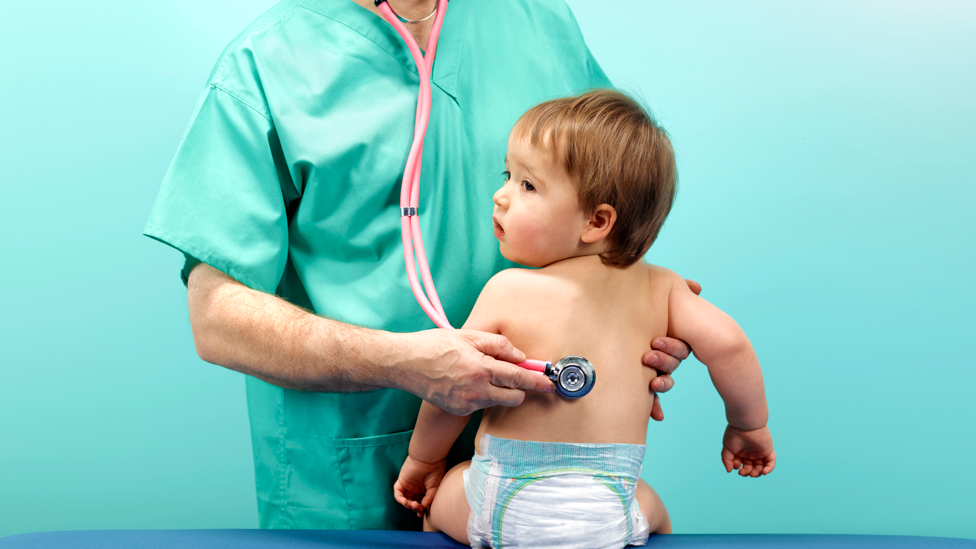Vaccination plea after whooping cough cases rise
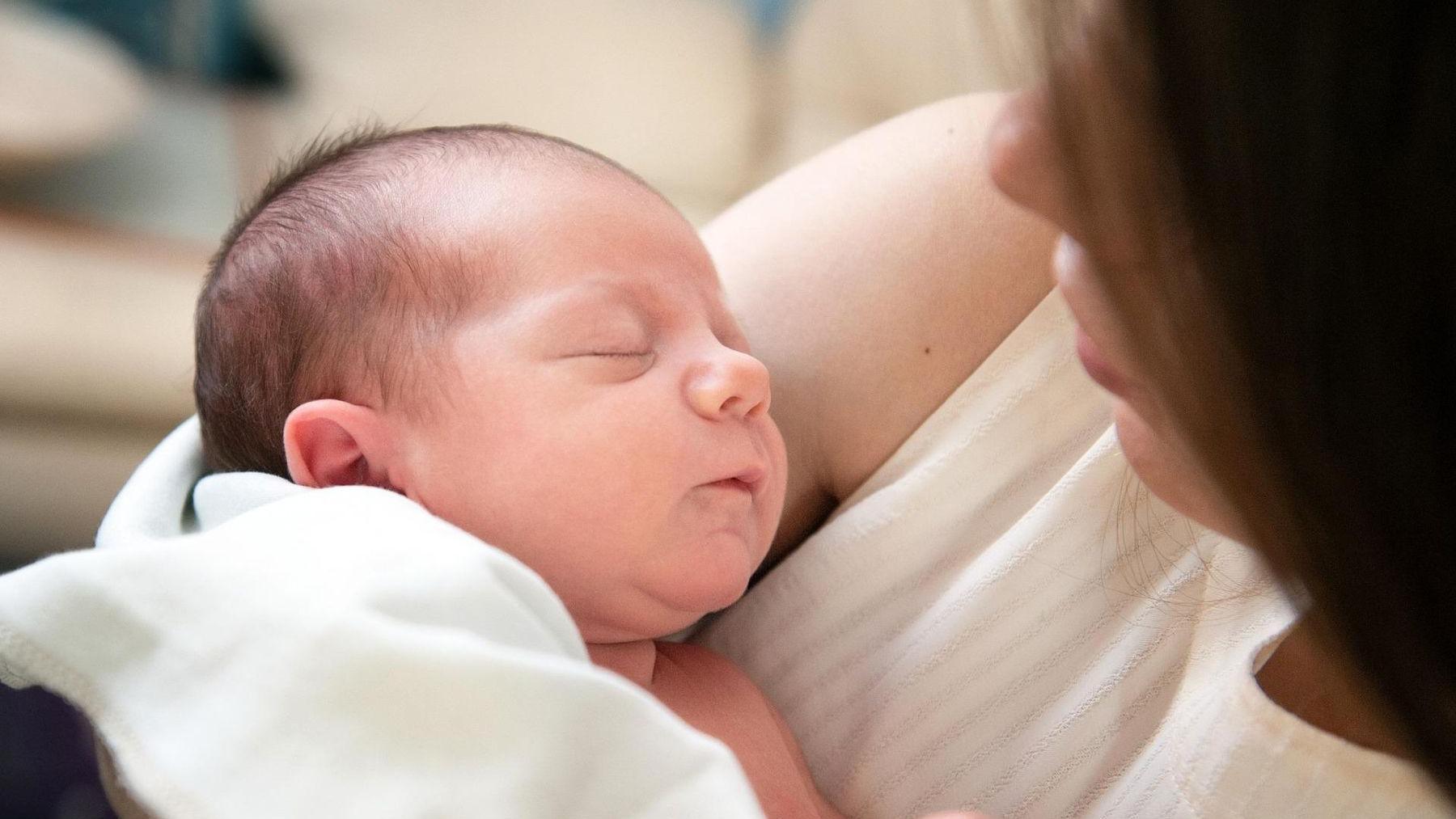
Cases of whooping cough in Redcar and Middlesbrough have risen in the last year, council chiefs said
- Published
Pregnant women are being urged to get a whooping cough jab after an increase in cases.
In Redcar there were 20 cases of the infection in the last year compared to none the previous year and Middlesbrough there was a rise from one to 45 in the same period.
A briefing by Public Health South Tees to a committee from Redcar and Cleveland Council, also heard that in both areas vaccination rates were below the national rate of 58%.
Mark Adams, South Tees joint director of public health, urged women to get the jab and help protect their unborn babies.
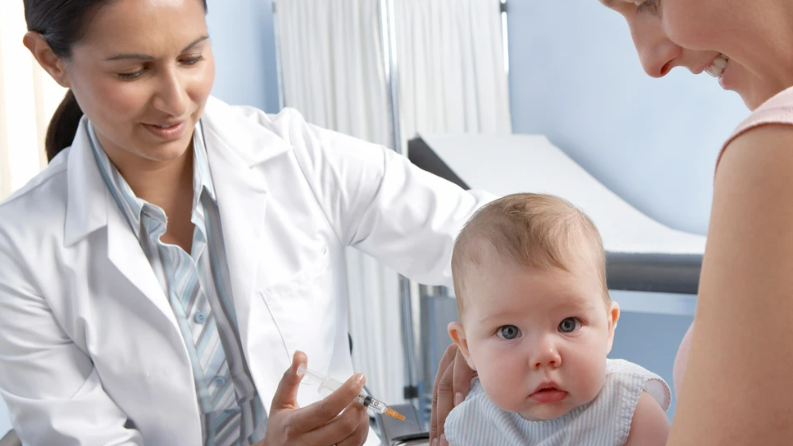
Pregnant women get the vaccine as part of their six-in-one inoculation
Nine babies have died from the infection in England since November 2023, according to the UK Health Security Agency.
Whooping cough is an infection of the lungs and breathing tubes and can spread easily.
Also known as pertussis or the "100-day cough", experts say the infection is a cyclical disease with peaks seen every three to five years.
Hospital treatment is often needed in severe cases.
Rates are rising nationally and across the North-East as a whole with more than 1,500 cases in the last 12 months, compared to 60 the previous year, the Local Democracy Reporting Service, external said.
"Protection for unborn baby"
Despite a campaign warning of the dangers, figures showed vaccination rates fell in Middlesbrough from 50% in 2022/23 to 39% in 2023/24, and in Redcar and Cleveland from 59% to 44%.
Public Health South Tees has been working with South Tees Maternity Services to improve uptake and is running a campaign featuring local pregnant women.
In addition, South Tees Maternity Services have been providing a walk-in clinic offering vaccines.
Mr Adams added: “When pregnant women get vaccinated the protection passes from mother to unborn baby and continues to protect them until they can be vaccinated themselves at eight weeks."
Follow BBC Tees on X,, external Facebook, external, Nextdoor, external and Instagram, external, external. Send your story ideas to northeastandcumbria@bbc.co.uk.
More stories on this subject
- Published10 May 2024
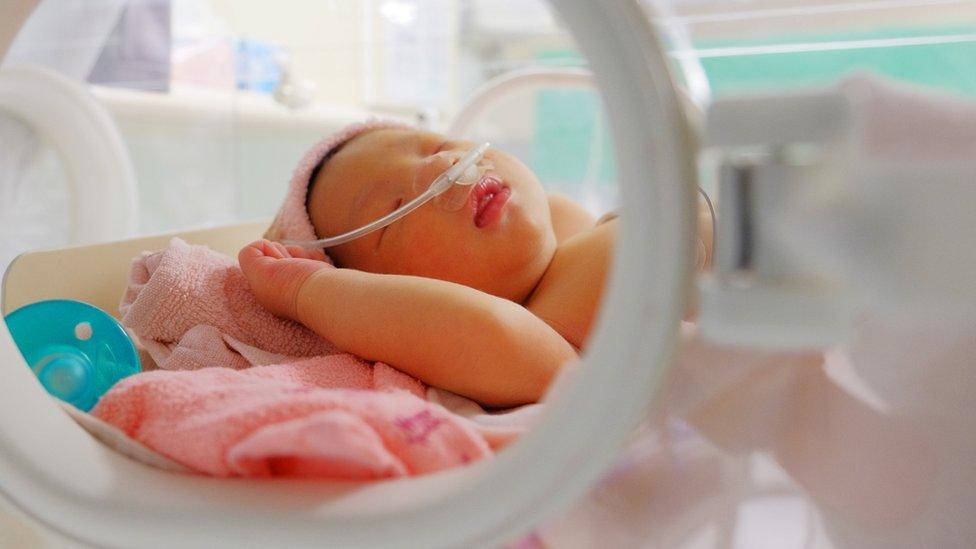
- Published9 May 2024
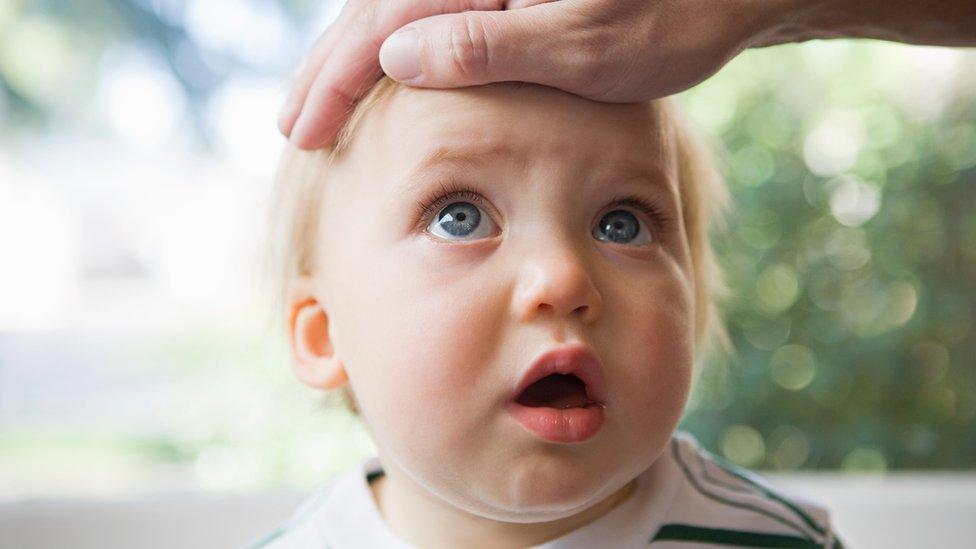
- Published23 January 2024
